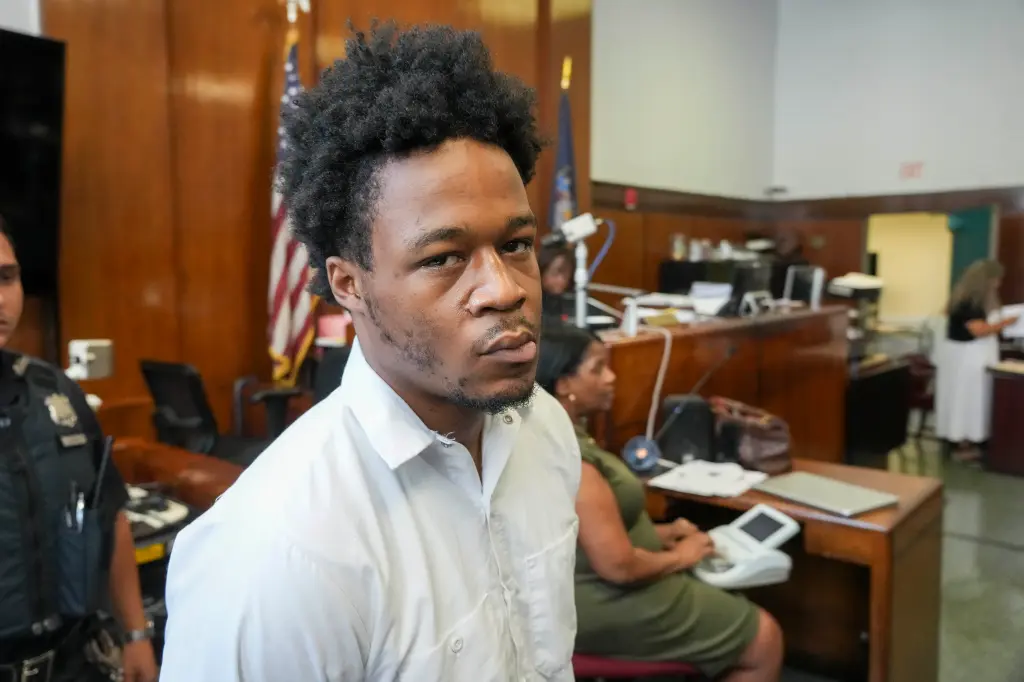This year’s Pittsburgh Speaker Series presented by Robert Morris University, which takes place at Heinz Hall, has already hosted two astounding individuals: Ron Chernow, author of the New York Times bestseller and Pulitzer prize winning biography “Washington: A life,” and Michelle Rhee, former chancellor of the Washington, D.C. schools.
Chernow opened this year’s series on Wednesday, Oct. 12.
From his 900-page book, Chernow gave the audience his concise version of the most memorable moments throughout his work.
He began by “hacking away at misconceptions and myths,” claiming that though there were already 900 biographies written on Washington, he was one of the least understood of American figures.
He dispelled the myth that Washington was not a puritanical stiff man.
“That man never could have defeated the British army–never could have presided over a fractious Congress,” said Chernow.
One of the other myths was that Washington had wooden teeth, when in-fact, they were human teeth set in a walrus framed denture that was secured on one remaining lower bicuspid tooth. Presumably, the teeth came from his slaves. Chernow clarified for the audience, though, that many people during that time period sold their teeth to make money.
Another dispelled myth was that Washington was 6 feet 5 inches. He said this measurement was taken from his cadaver and exaggerated most likely from his feet being pointed down.
After Chernow finished telling the audience what Washington was not, he told them what he was.
While Washington lost more battles than he won, it was who he was between battles.
“This was a man whose determination, tenacity and vision held an army together,” said Chernow.
Washington’s greatest skill, according to Chernow, was his ability to motivate men to believe that they were actors in a grand pageant; he made people strive to live up to his standards.
“He wasn’t at all concerned with his legacy, so he developed one,” said Chernow.
RMU professor of English studies Dr. Connie Ruzich commented on one of her favorite moments of the evening.
“I’d never heard this answered as eloquently, when I wondered why it seemed that everyone was this beautiful writer in the 18th century,” stated Ruzich.
Chernow explained that people were conditioned to compose lengthy letters very often. Without technology and the distractions of today, reading and writing were people’s primary source for communicating.
When asked who he was going to write about next he said: “I’ve written about the leader of the Revolution why not the leader of the Civil War?”
Thus, his next biography will be about Ulysses S. Grant.
“Both men weren’t born great,” he said. “They grew into greatness.”
In contrast to Chernow, Rhee did not deliver how she had written about an extraordinary life, but rather how she’d lives one.
On Nov. 2, Rhee stood behind Heinz Hall’s podium and shared how she rocked a system of politics and became the voice of students in a time when people were only concerned about themselves.
She began her lecture with data so shocking the audience audibly gasped.
On June 12, 2007, she joined Washington, D.C.’s long fight for school reform as the city’s first chancellor.
She presented startling data that showed a gigantic gap between white and black D.C. students of 70 percentage points. She said when she first went to work only 8 percent of students were operating on grade level.
People met the data with great argument, believing that the kids were born into predisposed academic failure.
When Rhee pursued this assumption, she found that poor black fourth graders in Harlem were operating two grade levels ahead of the poor black D.C. fourth grade students.
“The last time I did research. Poverty was poverty,” she said.
She believed the problem wasn’t the students or simply the family life but their teachers.
One of the first things she found out when she became chancellor was that the school was spending 1 billion dollars a year, yet the students’ classrooms were dilapidated.
After some intense research, her assistant found that $80 million a year was being spent on transporting students to school. A matter she couldn’t fix as quickly as she would have liked to.
She closed the evening by listing the three things that need to happen in order for public schools to rival the global competitors.
“We need to start treating teachers like the professionals they are. We cannot as a society underestimate the role a teacher plays,” she began. “We have to regain the American competitive spirit. We are so busy trying to make children feel good that we don’t teach them how to be good. We have to put aside the partisan politics and focus on what is best for the students. Public education is supposed to be the great equalizer.”
For more information on these speakers, check out Ruzich’s event review at http://www.wqed.org/fm/ondemand.php.








